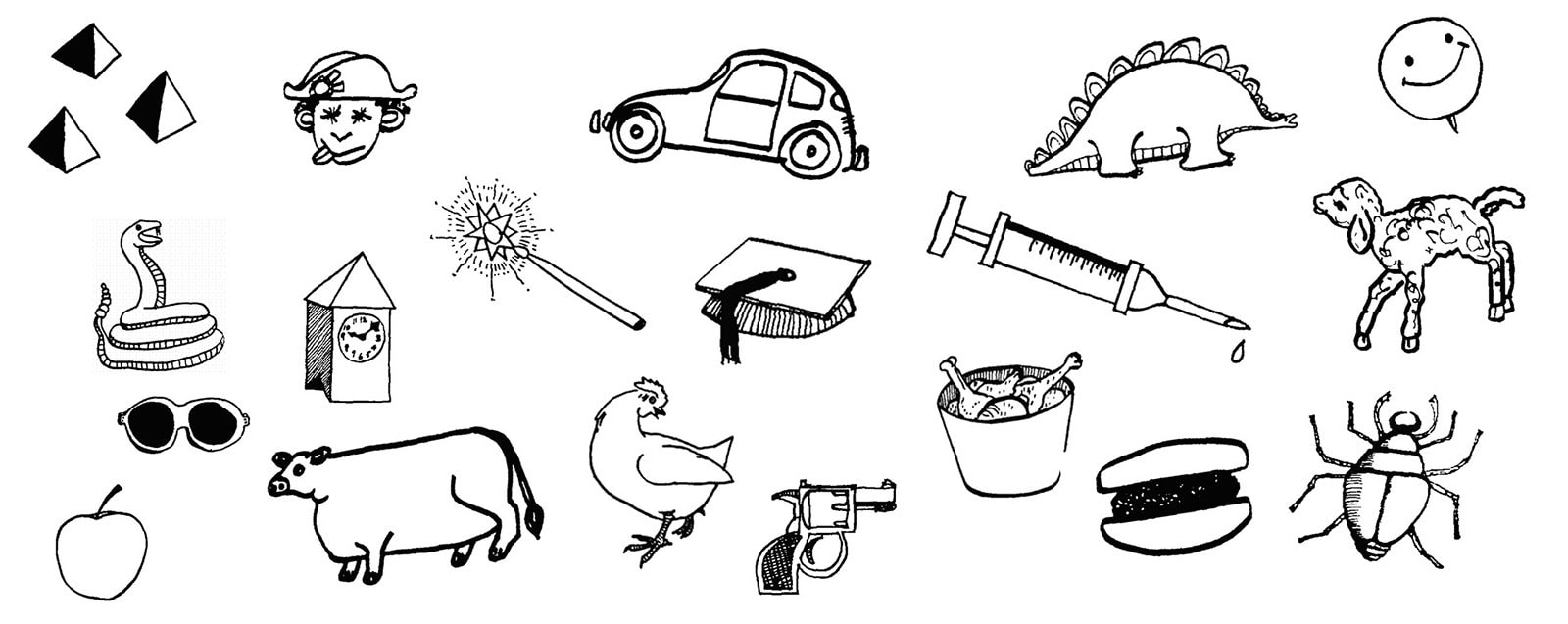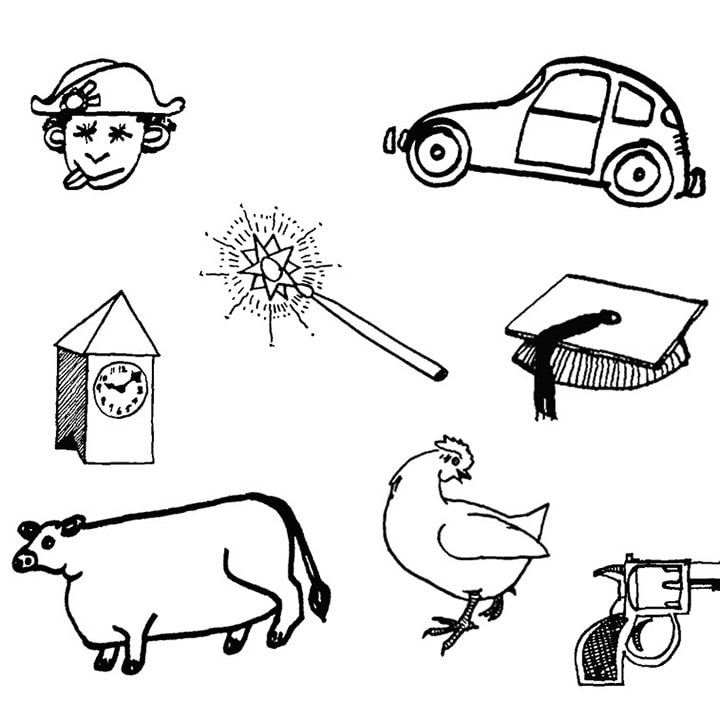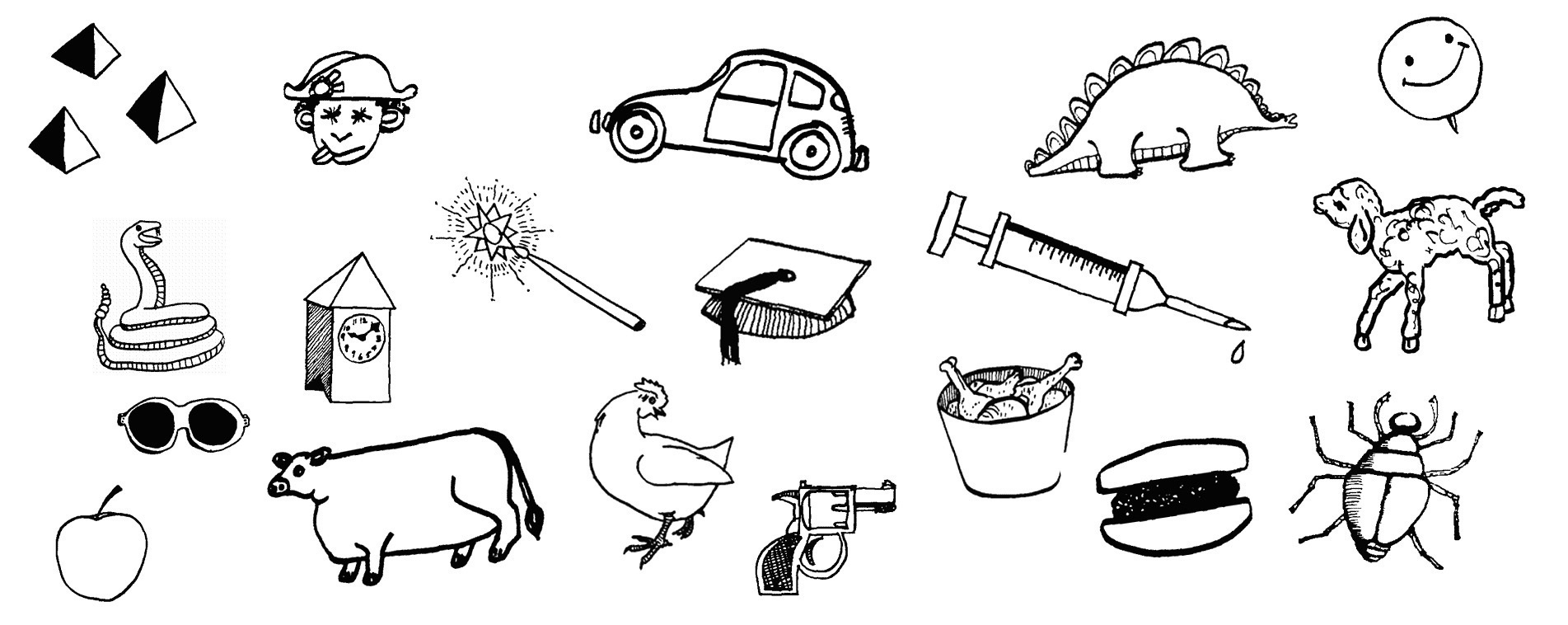The lecture is dedicated to a novel by Kurt Vonnegut in combination with the methods of Russian formalism.
Representatives of Russian formalism were the first to mention something else in a literary text that is more important than a series of events the narrative is usually based on. This element is the very form of storytelling. This fundamental idea gave birth to a chain of others, including ostranenie, or defamiliarization, a term coined by Viktor Shklovsky meaning that the task of literature is to make common things look strange, unknown, and unfamiliar. Literature should change usual perception and its stereotypical interpretation. As a school of literary criticism, Russian formalism only existed for a few decades, but it has influenced critical and philosophical theories worldwide, and in particular French structuralism, hence the popularity of defamiliarization in twentieth century fiction. Kurt Vonnegut’s novel Breakfast of Champions is just one example thereof, making the reader believe the book is written for aliens who have no idea about the most ordinary earthly things.
“Ideas on Earth were badges of friendship or enmity. […] Friends agreed with friends, in order to express friendliness. Enemies disagreed with enemies, in order to express enmity.
The ideas Earthlings held didn't matter for hundreds of thousands of years, since they couldn't do much about them anyway. Ideas might as well be badges as anything.
And then Earthlings discovered tools. Suddenly agreeing with friends could be a form of suicide or worse. But agreements went on, not for the sake of common sense or decency or self-preservation, but for friendliness.
Earthlings went on being friendly, when they should have been thinking instead. And even when they built computers to do some thinking for them, they designed them not so much for wisdom as for friendliness.”
(Kurt Vonnegut, Breakfast of Champions, 1973)


